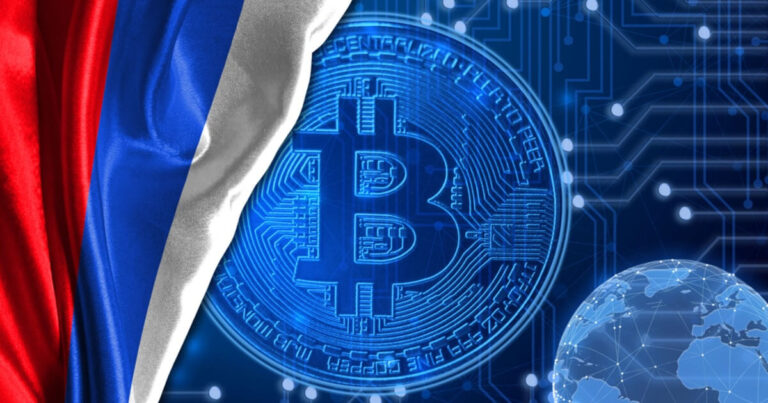
Source: blockchain.news
On November 17, a measure to legalize cryptocurrency mining, as well as the sale of the cryptocurrencies that have been mined, was brought before the Russian State Duma, which is the lower house of the Russian government.
At this time, it is not possible to make settlements in Russia using cryptocurrencies.
Anatoly Aksakov, chairman of the Duma Committee on Financial Markets, said in an interview with local press that he anticipated the measure would pass three readings in parliament in December and take effect on February 1.
According to some other reports, the measure will officially become law on January 1.
The legislation that was established in 2020 on digital innovation is what makes the experimental sales regime possible.
Cryptocurrency mining and participation in mining pools are defined in the proposed legislation.
Furthermore, it makes it illegal to advertise cryptocurrencies in Russia.
If the bill is approved, a Russian platform for the sale of cryptocurrencies will be established and Russian miners will be able to use platforms located outside of Russia.
In the second scenario, the transactions in question would not be subject to Russia’s foreign exchange rules and restrictions, but would still need to be registered with the Russian tax authority.
Despite the fact that there is currently no regulation regarding the taxation of mining operations, crypto mining is quite common in Russia.
According to a study published by the Central Bank of Russia on November 7, it appeared that the nation was preparing for the entry of digital assets into its markets.
In September, the Moscow Stock Exchange developed a bill on behalf of the Central Bank to allow trading in digital financial assets. This law was intended to facilitate the trading of digital financial assets.
In September, the Russian government developed a policy regarding the use of cryptocurrencies in international financial transactions.
Crypto miners and other users in Russia have to deal with not only national regulations but also international sanctions on top of this.
Read More at blockchain.news